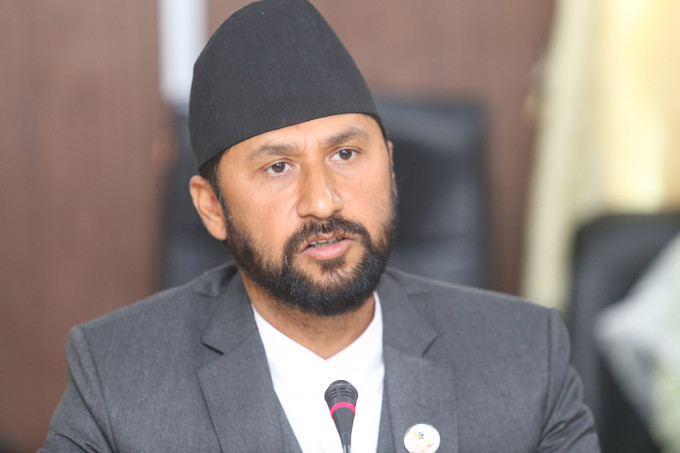U.S. climate envoy John Kerry said Wednesday he thinks rich countries can finally meet their pledge to provide $100 billion annually to help poor nations cope with climate change beginning this year — and will definitely reach that amount in 2023.
That would be at least two years later than the 2020 target set by developed countries at a U.N. climate summit in Copenhagen in 2009 for providing that funding to help developing countries adapt to global warming and mitigate further rises in temperature.
Kerry told an informal U.N. Security Council meeting on “Climate Finance for Sustaining Peace and Security” that President Joe Biden is committed to increasing U.S. funding to developing countries to help with climate change.
Last September, he said, Biden promised to increase annual U.S. climate finance to over $11 billion, quadrupling the funding from the 2009-2017 presidency of Barack Obama, when Biden was vice president.
“And that increase is going to help us to deliver on $100 billion,” Kerry said. “We’re doing just a little bit shy of that for 2022. It is absolutely clear we will have it for 2023. I still think we can get it for 2022.”
Kerry said as part of increased U.S. efforts at last November’s U.N. climate summit in Glasgow, Biden announced “an emergency plan for adaptation and resilience.” It “is going to help more than 500 million people in developing countries to be able to manage the impacts of the climate crisis by 2030,” he said.
He said the administration is working with the U.S. Congress to produce $3 billion annually for the program and to increase adaptation efforts for 2024. “It’s the largest kind of commitment like this that the United States has ever made in our history,” he said.
But Kerry said to totally fund the economic transition that all countries must make to tackle climate change, “it’s going to require not just $100 billion but trillions of dollars.”
“No single government — no group of governments — can meet the $2.5 trillion to $4.6 trillion deficit that we face in order to affect this transition,” he said.
He said the only way to mobilize those trillions is to work with the private sector. “The private sector will be critical to our success because there are trillions of dollars to legitimately invest in this transition,” Kerry said.
The United States is the second-largest emitter of greenhouse gases, with China the largest emitter and India the third-largest. Diplomats from the latter two countries, the world’s two most populous nations, also spoke at the council meeting, criticizing the failure of developed countries to meet their climate pledges, including on the $100 billion annually to developing countries.
China’s deputy U.N. ambassador, Dai Bing, said developed countries have “a moral responsibility” and a mandatory international obligation including under the 2015 Paris climate agreement to provide funding to developing countries because they are primarily responsible for climate change and carbon emissions.
He said studies by think tanks indicate that not only has the total amount of yearly financing from developed nations not reached $100 billion, “but there are also problems of inflating the numbers to including private sector green investments and non-climate change-related investments in the calculation of official climate finance.”
Deputy Indian ambassador Ravindra Raguttahalli said developed countries had not only fallen short on providing access to climate finance but also to promises on mitigation and providing technologies to address climate change.
He cited a U.N. climate report released last week that said the “climate finance for adaptation is insufficient and constrains the implementation of adaptation, and that globally tracked climate finance is targeted at mitigation and only a small proportion towards adaptation.”
“Affordable access to climate finance and technologies is critical to move forward on climate action,” Raguttahalli said. “Developed countries must provide climate finance of $1 trillion at the earliest,” and this must be new, additional and climate-specific, not just diverted from existing government development aid to climate finance.
Sultan Al Jaber, the United Arab Emirates’ special envoy for climate change and minister of industry and advanced technology, said that “climate finance is one of the most important tools to manage climate risks,” but the $100 billion pledge still hasn’t been met.
Al Jaber, who chaired the meeting because the UAE holds the council presidency this month, said that many countries, including those affected by rising sea levels, have emphasized that $100 billion is not sufficient.
And he expressed hope that the U.N. climate summit in Egypt in November and the following meeting in the UAE in 2023 will raise ambitions and achieve “concrete solutions” to limit global warming.
READ ALSO:





1672397318_680.jpg)

